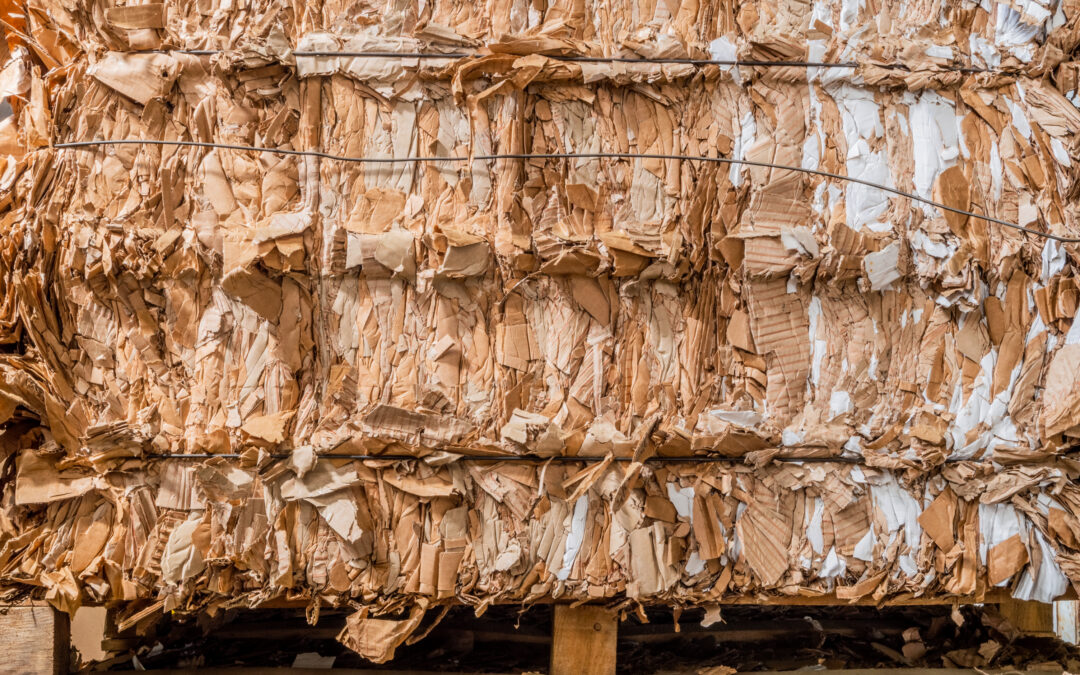The knowledge required herein is to understand the primary lifecycle of paper, which starts as a tree and terminates as waste. The purpose of our market research on the local paper industry in Pune is to receive insights on various underlying facets necessary to sustain Miss-Collect’s Growing-Pots business model in many instances. Moreover, we aimed to examine the volumes of waste paper and the possibilities to give it a second life, including researching current trends in the recycled paper industry.
Our findings demonstrate that households, corporations, and the municipality in Pune use large amounts of paper in their daily activities, thereby generating large volumes of waste paper, which are dumped as rubbish in the streets and landfills. Miss-Collect also conducted in-depth research on the waste-pickers community active in Pune, based on the types, volumes, and market rates that the community recovers.
Our segmentation of waste paper shows that corrugated paper and white office paper are predominantly recovered, since they offer the highest rates for waste-pickers. In considerable contrast, most waste paper is not recycled at all due to lower quality, meaning using this resource would add the most value for the waste-pickers. In addition to the waste-pickers community, Miss-Collect examined additional sources of waste paper for recycling. The three main categories found include local companies in Pune, industrial plants in. Pune and lastly, the Pune Municipal Corporation.
With the publication of ‘Give Paper a Second Life’ we acknowledge the rising demand for local paper packaging alternatives such as Growing-Pots. The fact that wastepaper can be recycled up to seven times offers new sustainable job or product opportunities for female waste pickers in India, and at the same time contribute to the sustainable shift away from plastic.
Team Miss-Collect

Recent Comments